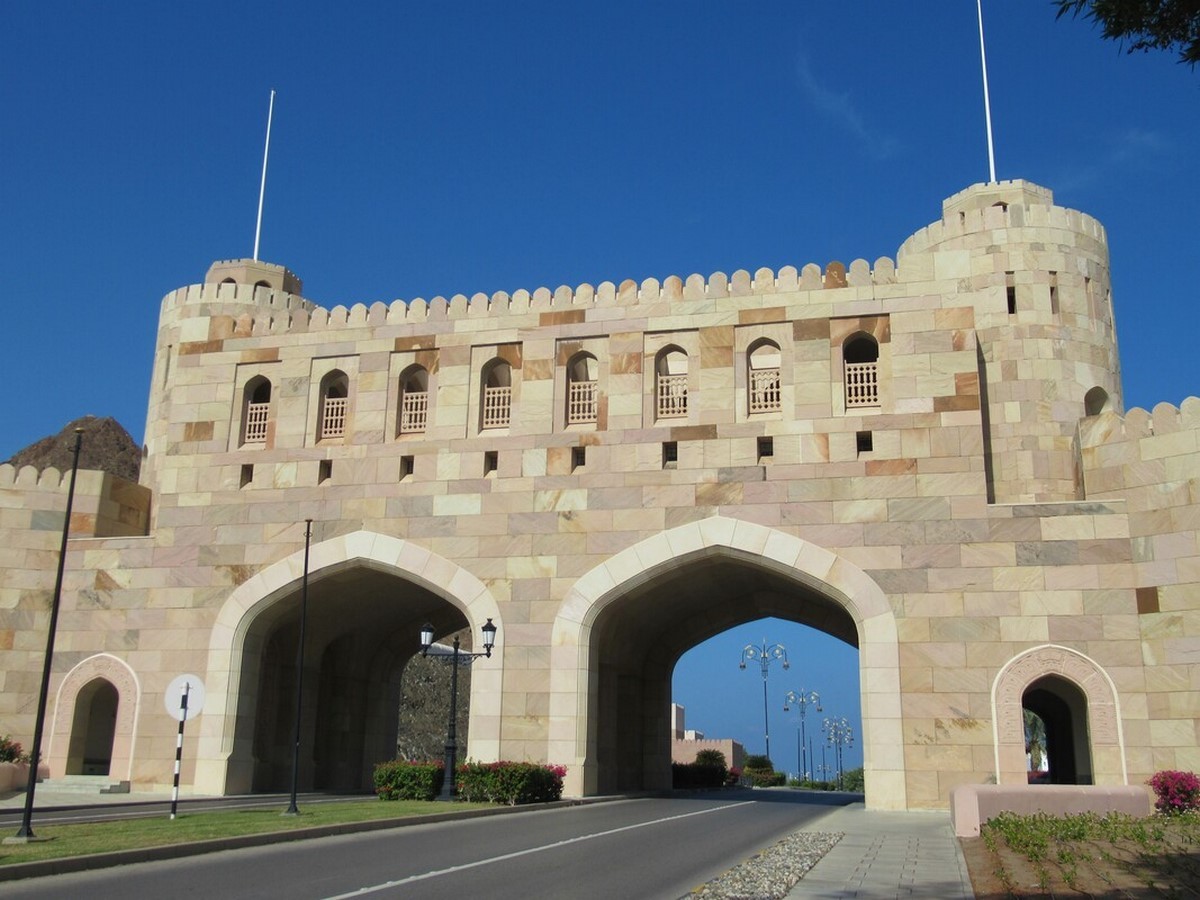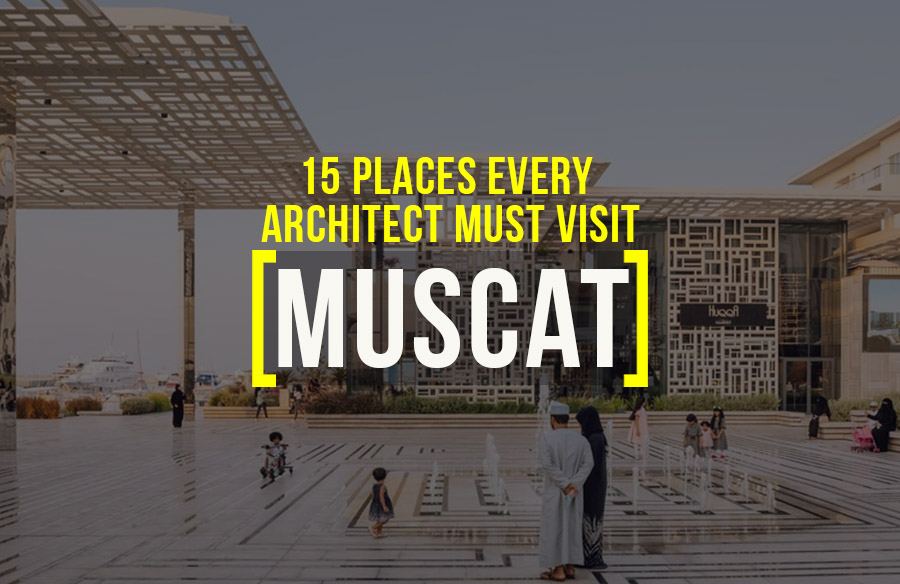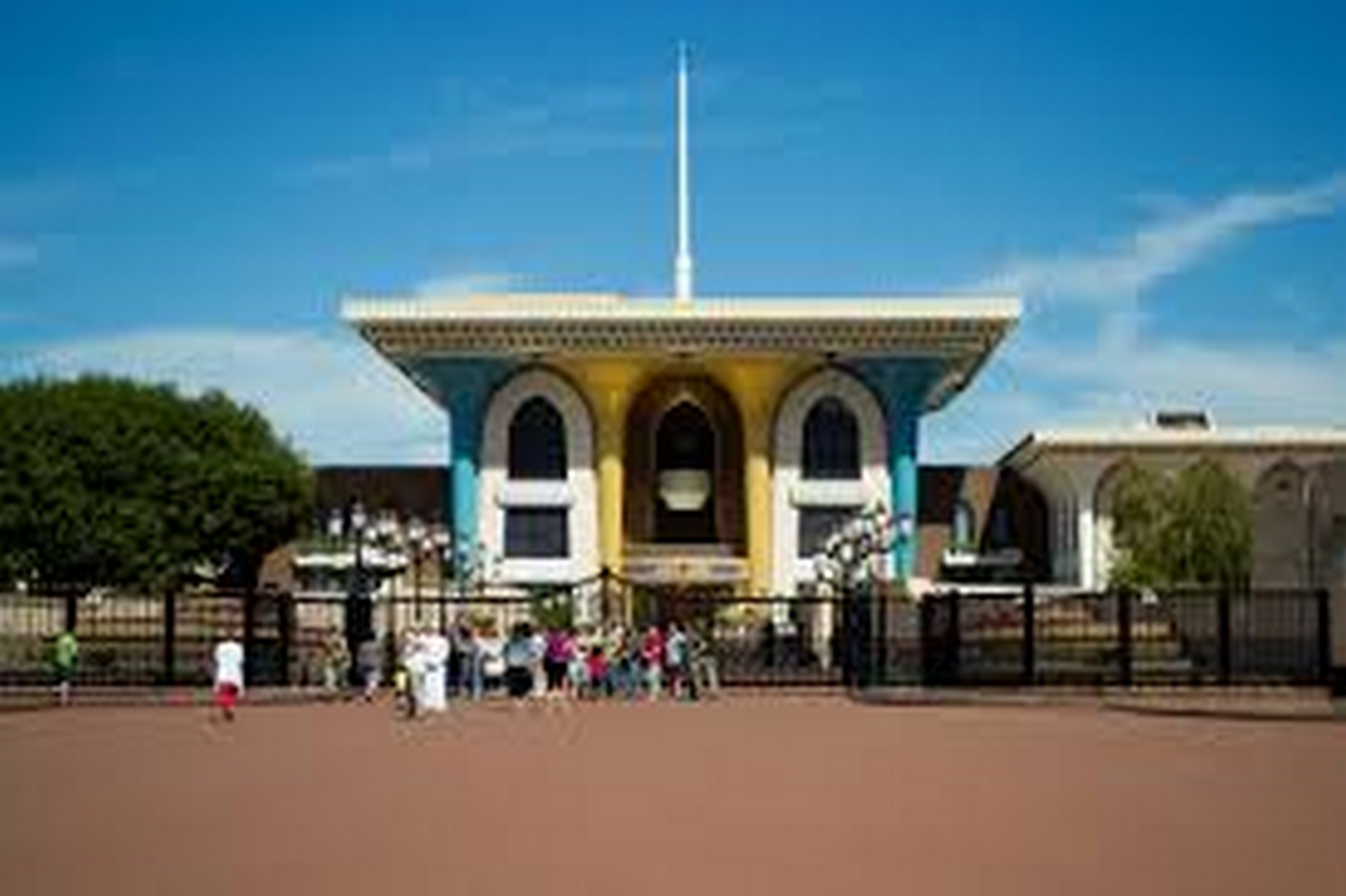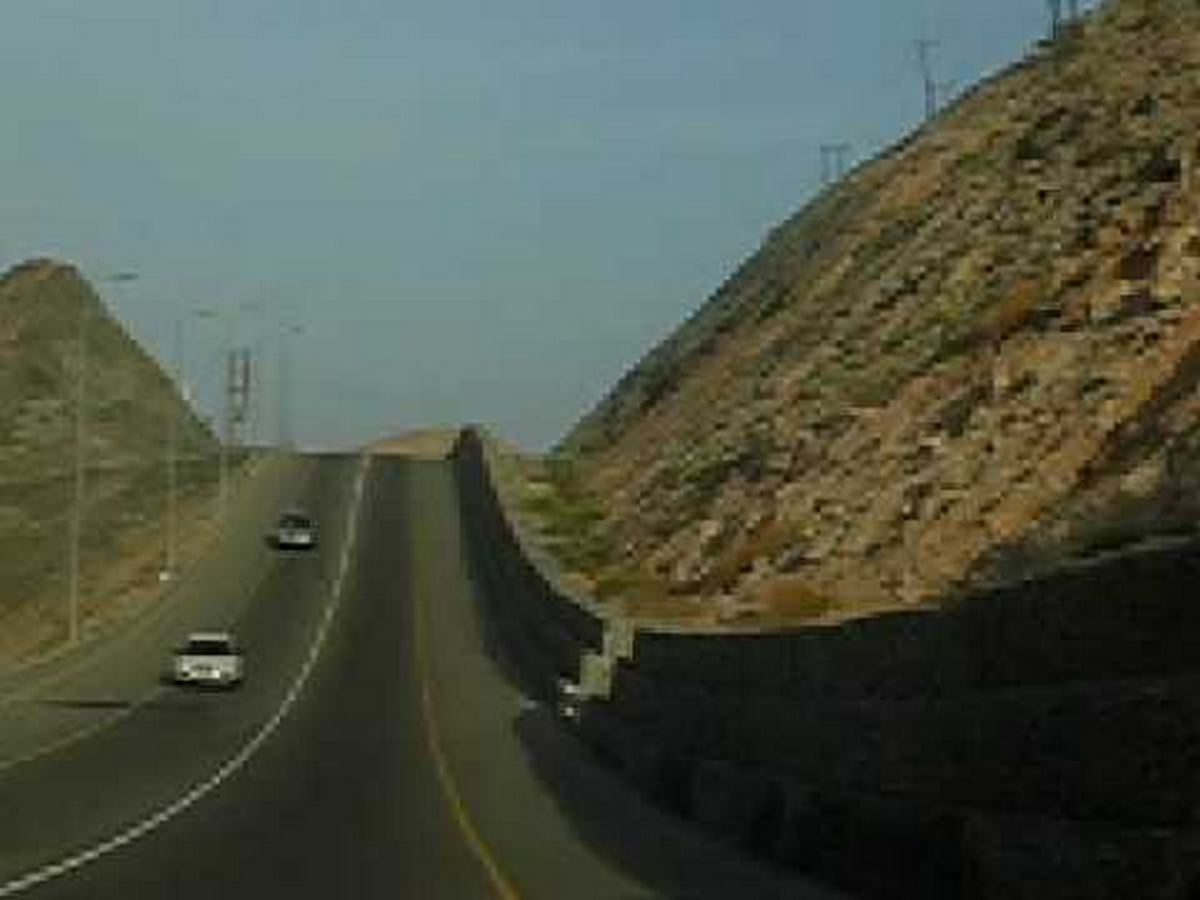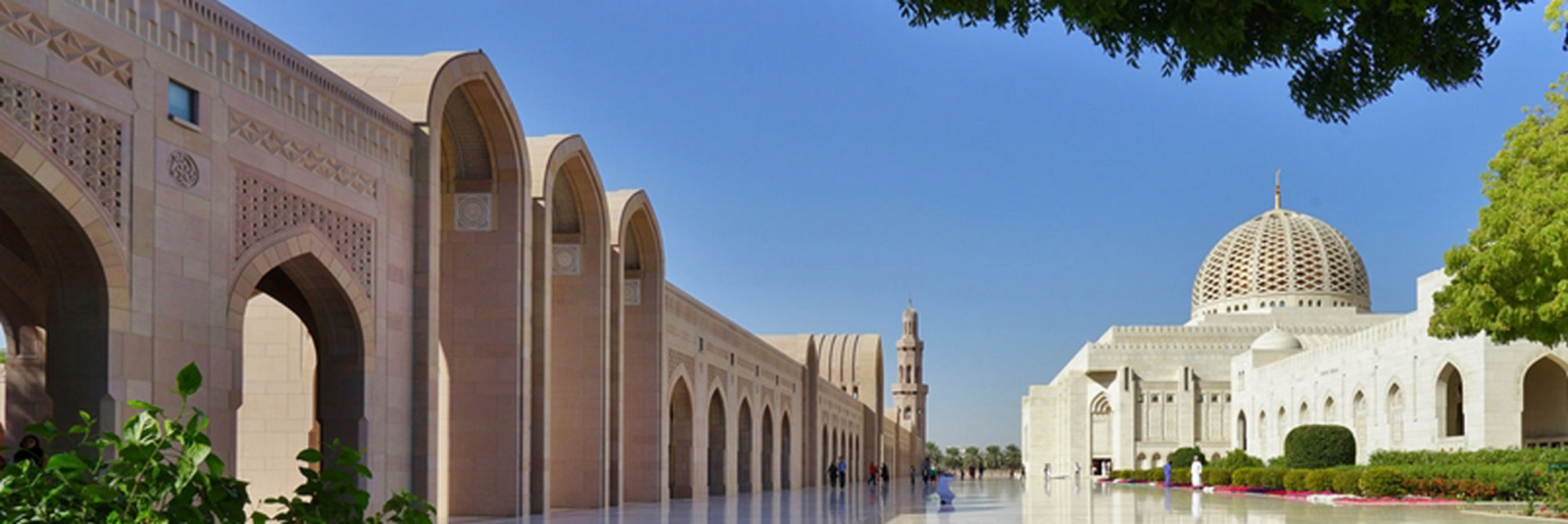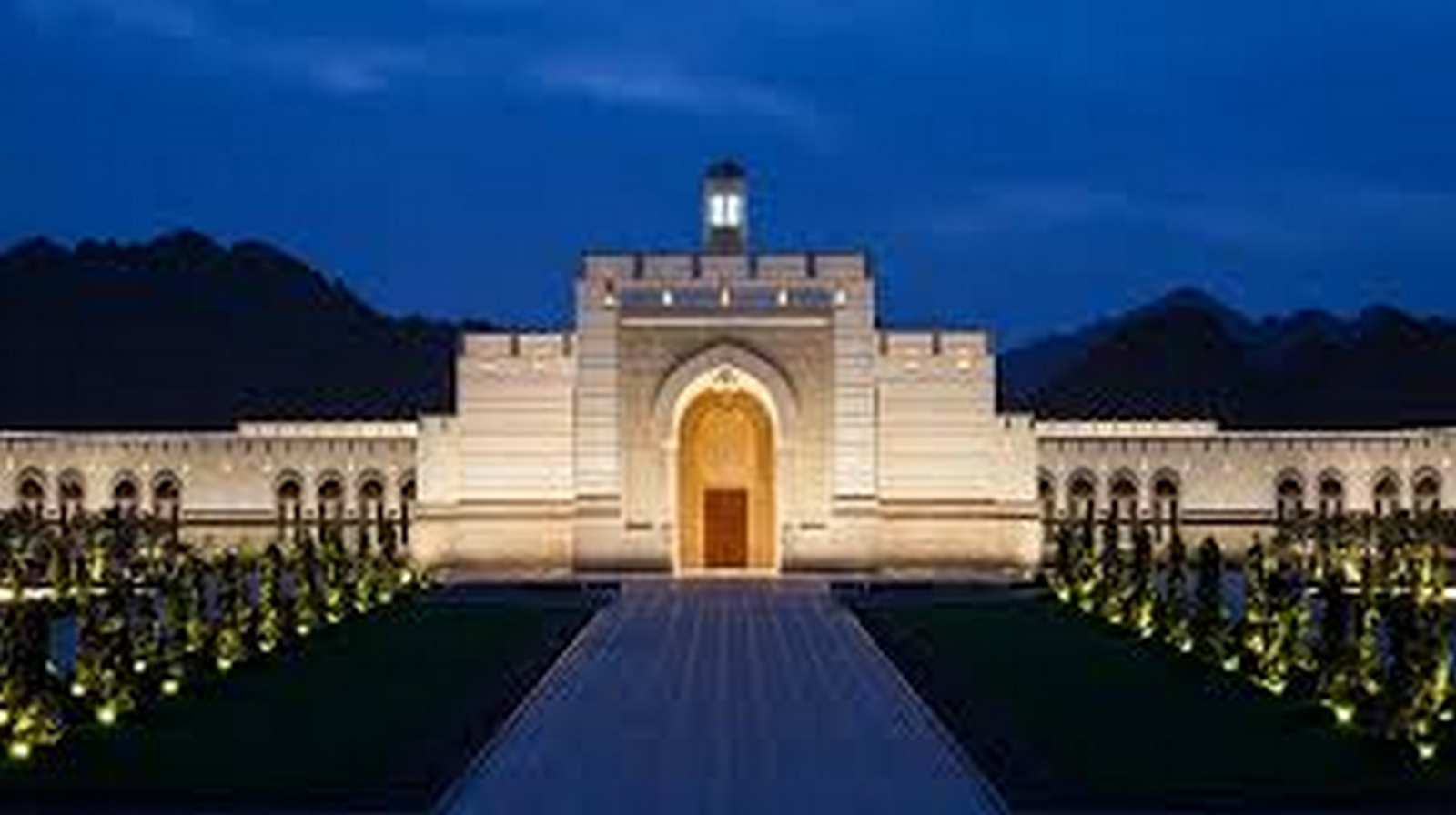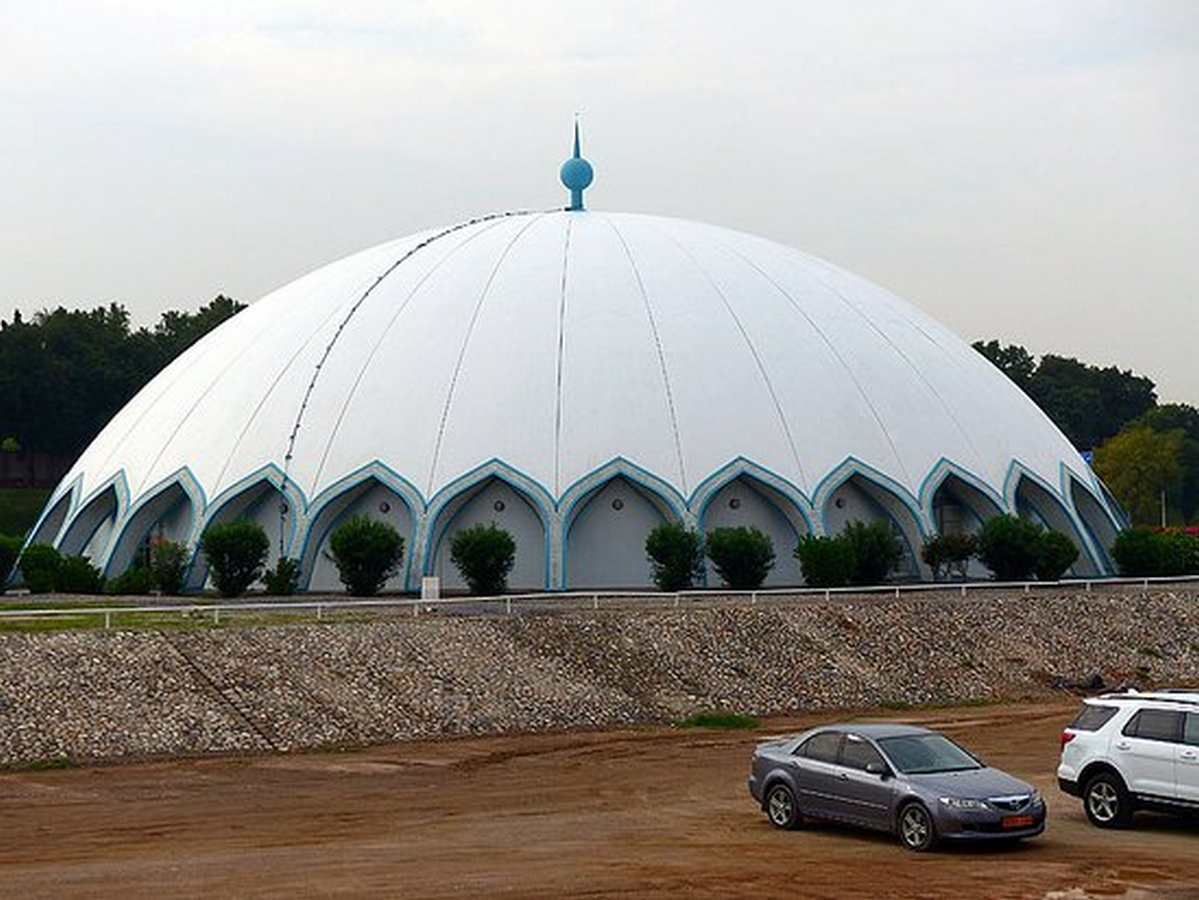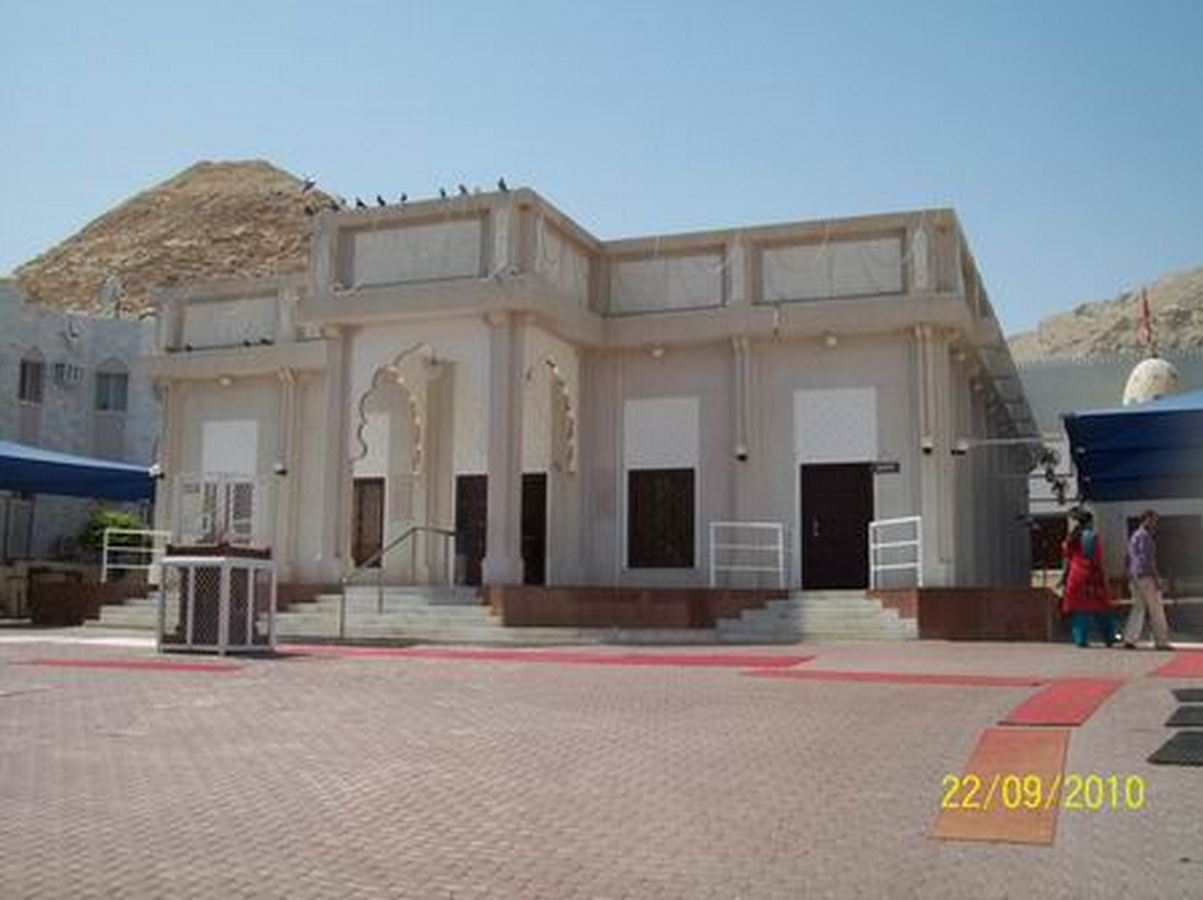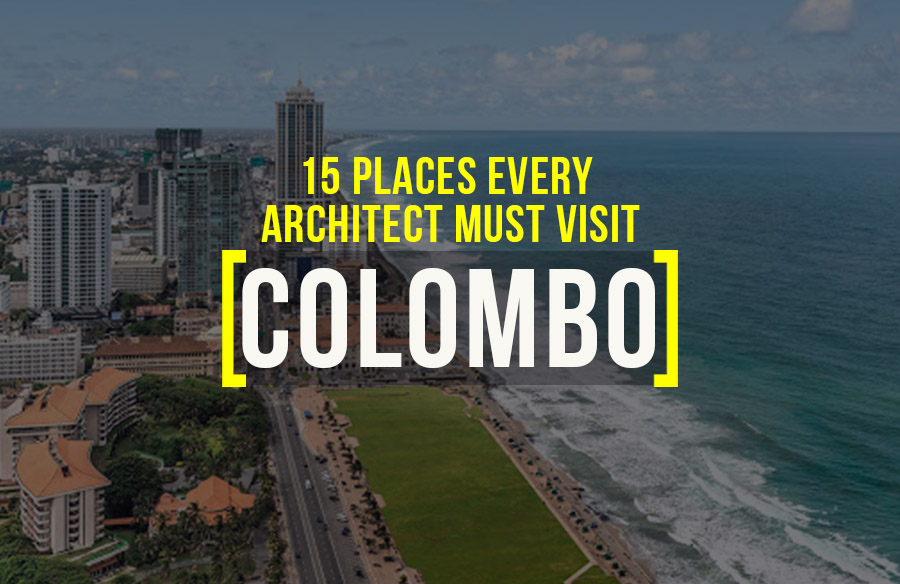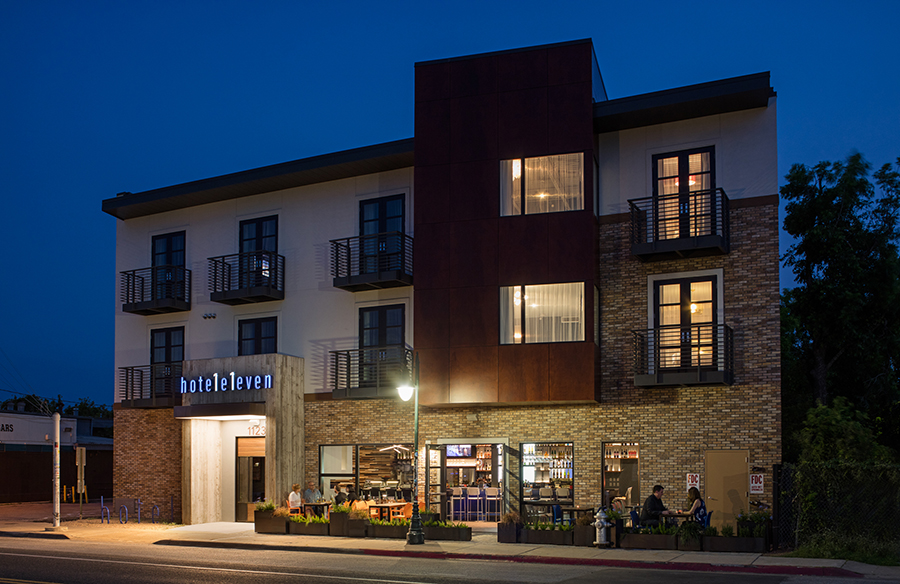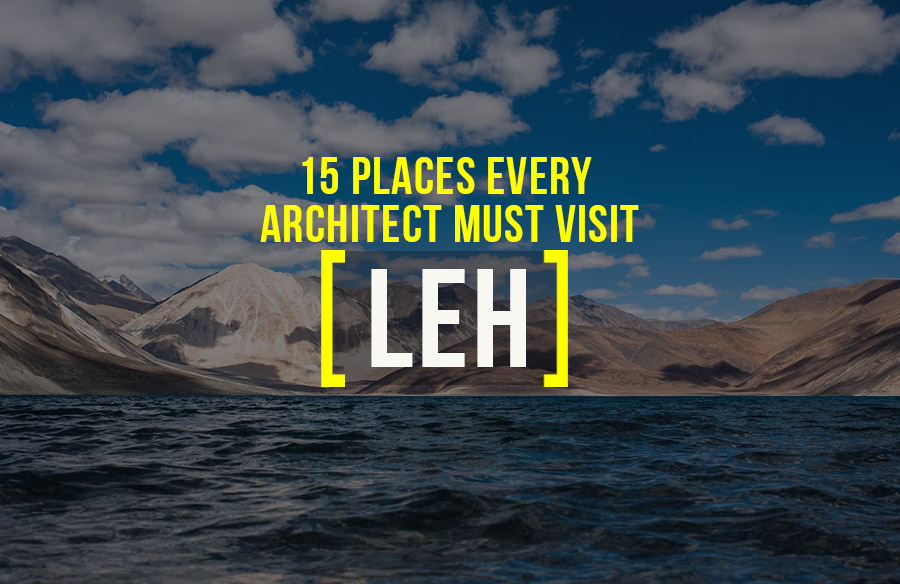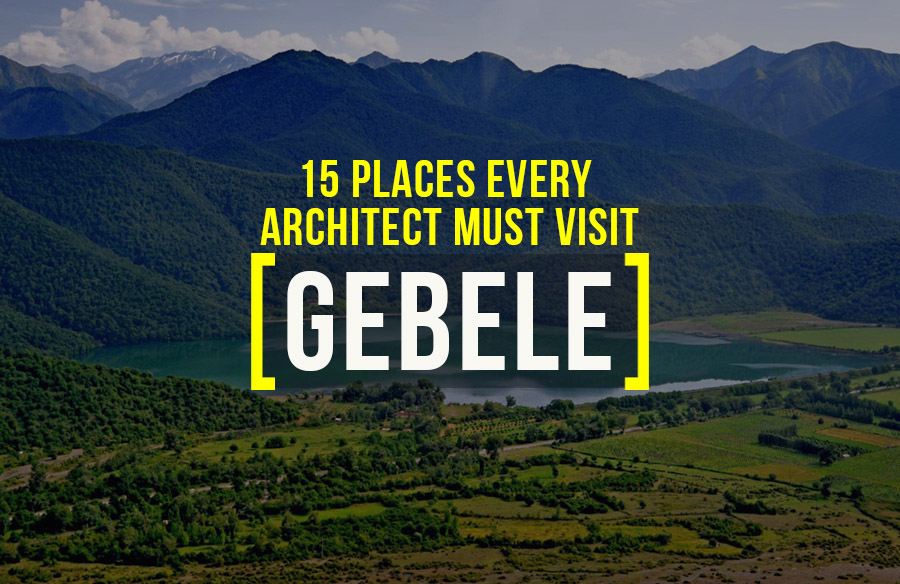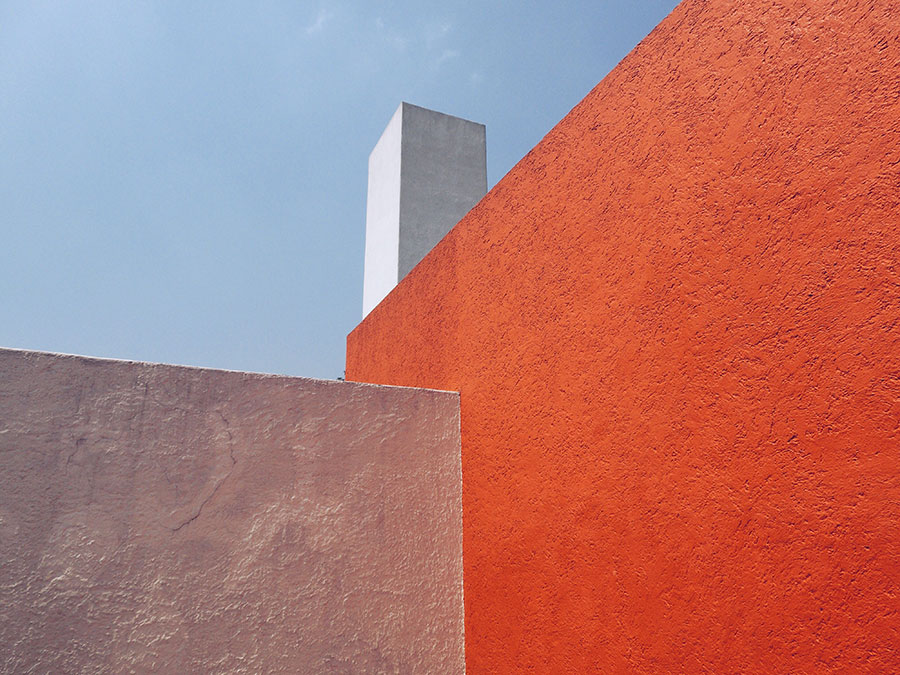Muscat, the capital city of the Sultanate of Oman, is sight for sore eyes. The city with layers and layers of history from the various invasions of Portuguese, Ottoman, and much more holds its rich history and culture on a silver platter. The city used to have a major port, which was then moved to another province. Though the kingdom is one among the GCC, is filled with rocky mountains, lush greenery, and beaches. The desert can be witnessed in parts of the city in smaller areas, but in another province called the Vahibas, the Desert is all you can see.
Below is the list of 15 must-visit places in Muscat:
1. Al Alam Palace In Muscat
It is said to be the ceremonial palace of the Sultan Qaboos of Oman. The palace, though monumental in size, is very elegant and modest in design. The palace is not open for visitors but it will be worth the trip to see the gates and the external facade of gold and blue in Old Muscat following traditional Omani architecture.
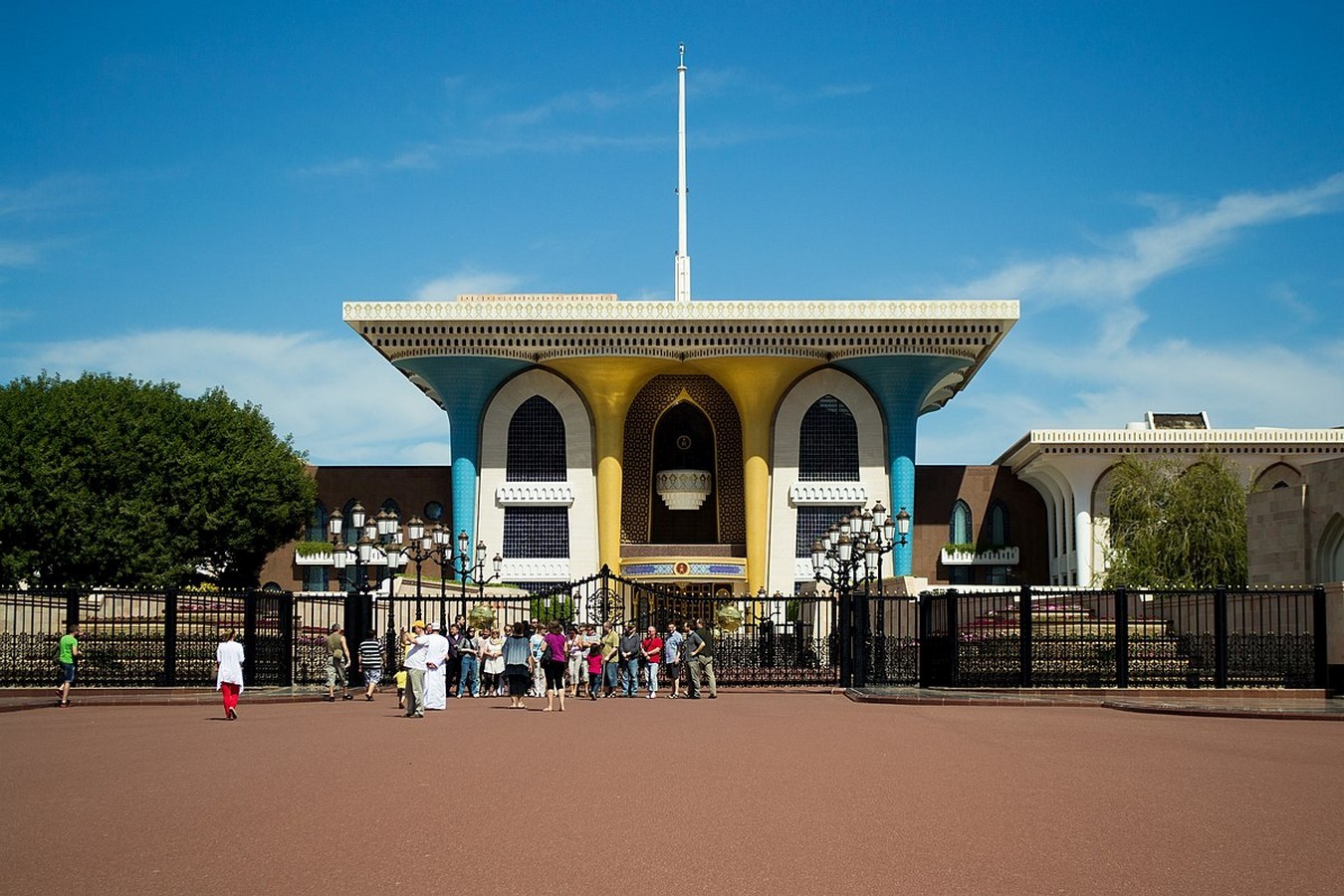
2. Royal Opera House
The stunning building located in the heart of the city, built when commissioned by the late king His Majesty Sultan Qaboos Bin Said Al Said. The building features top of the class technical requirements. It was built by an in-country firm Carillion Alawi.
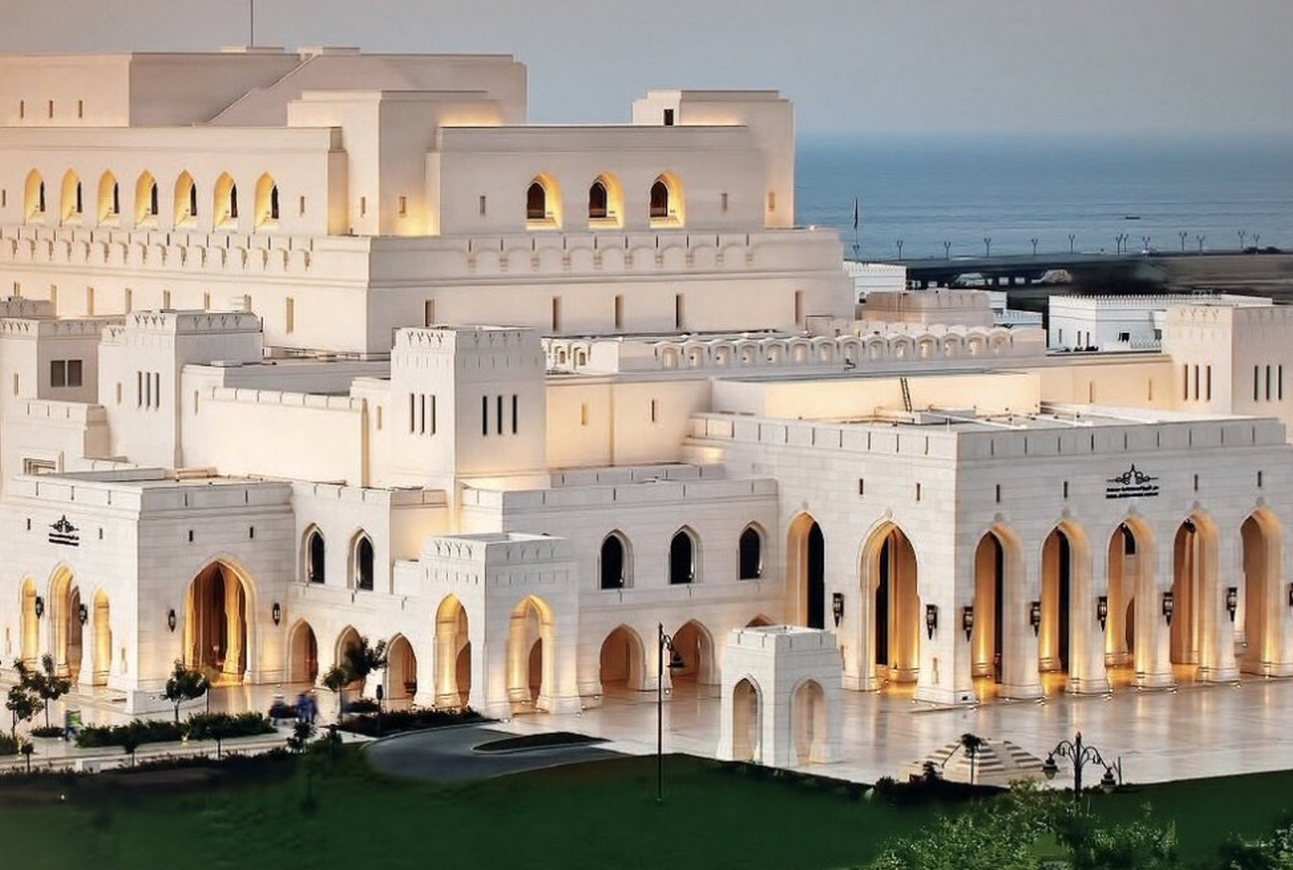
3. Qantab Roads Of Muscat
Structural enthusiasts, this ones for you. The road leading to the Qantab beach is a marvel, the roads are almost vertical. The mountains were initially drilled out of the way and hence the road follows the topography and thus we have the vertical bends, just a little out of Old Muscat.
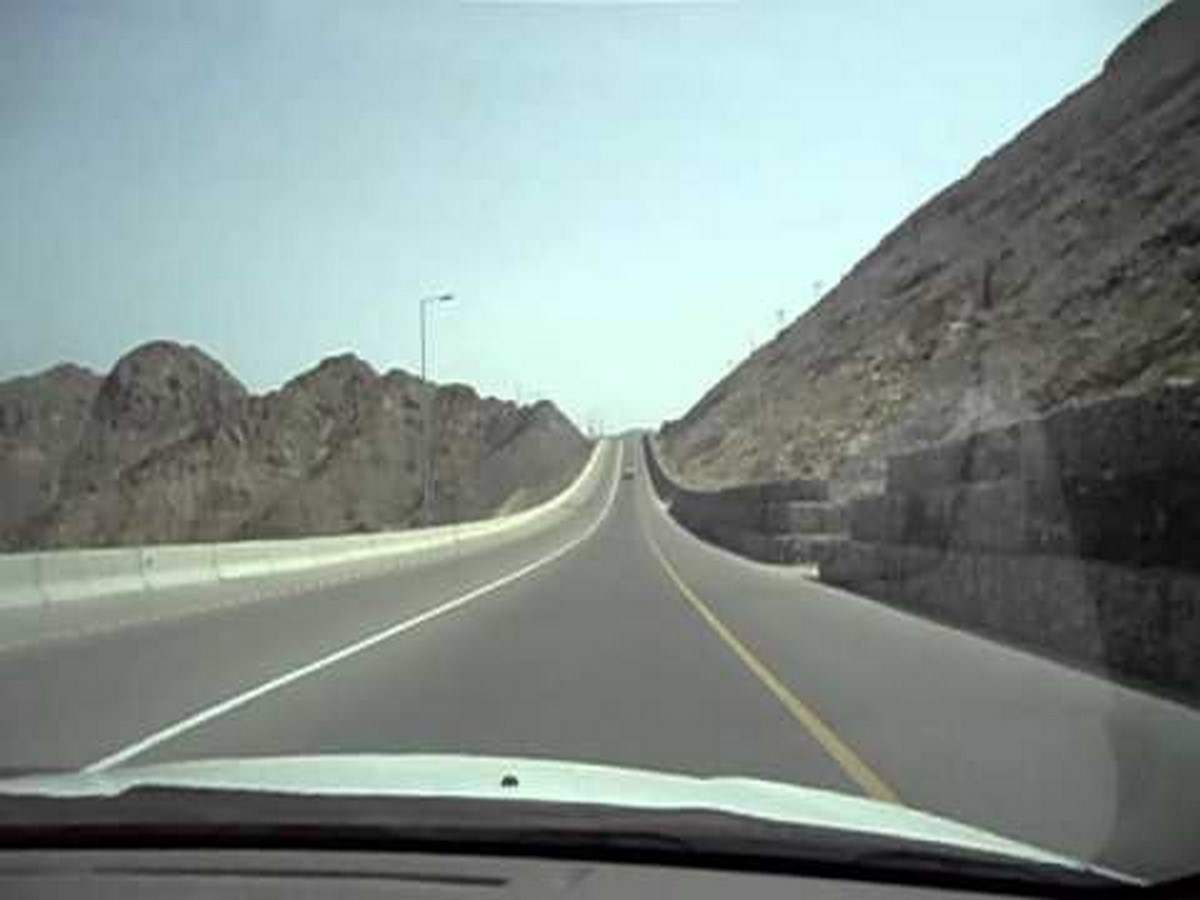
4. The Grand Mosque
The name is an understatement for the structure. Located not too far from the Royal Opera House, lies the mosque of grandeur and statement to Islamic Architecture. The mosque allows visitors during particular hours to be awed by the traditional architecture and its mere size will give you cramps!
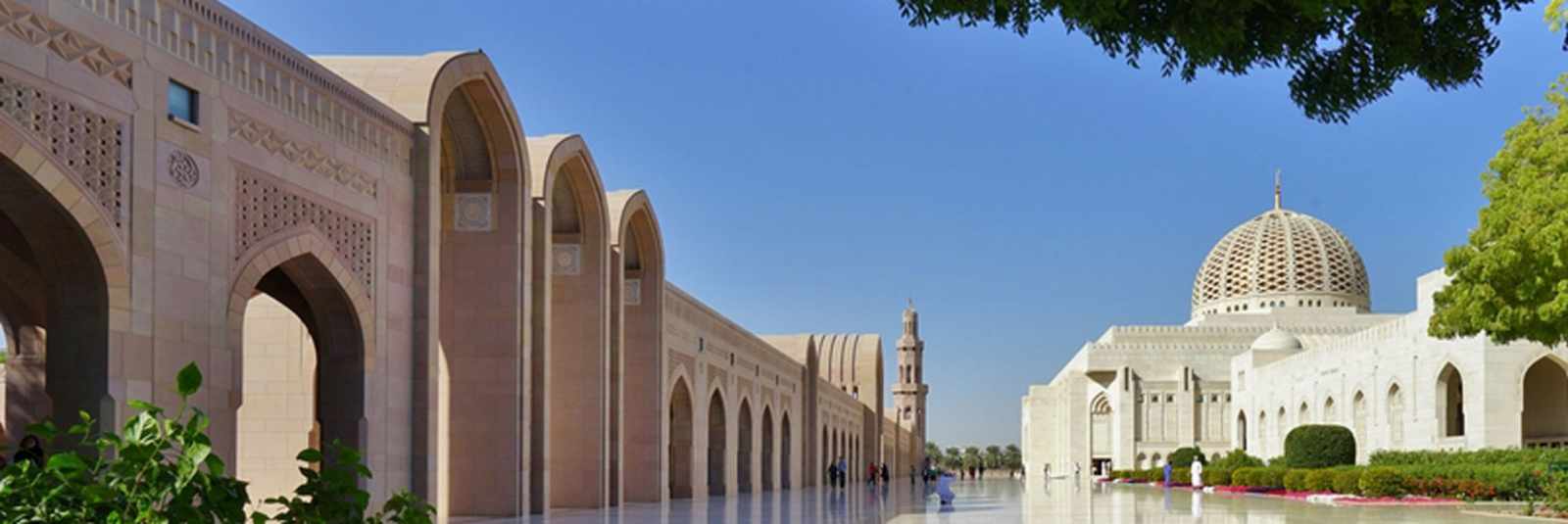
5. Al Bustan Palace
This place actually allows you to stay in. The Bustan palace is a Ritz Carlton hotel located in a scenic green sight. The hotel along the azure blue beach is a welcome change from Muscat’s rugged brown mountains.
6. The Parliament Building
The Majlis AL Shura convenes at the parliament building right outside the Al Bustan Palace complex. It’s a long building contrasting the scene with its gleaming white marble structure.
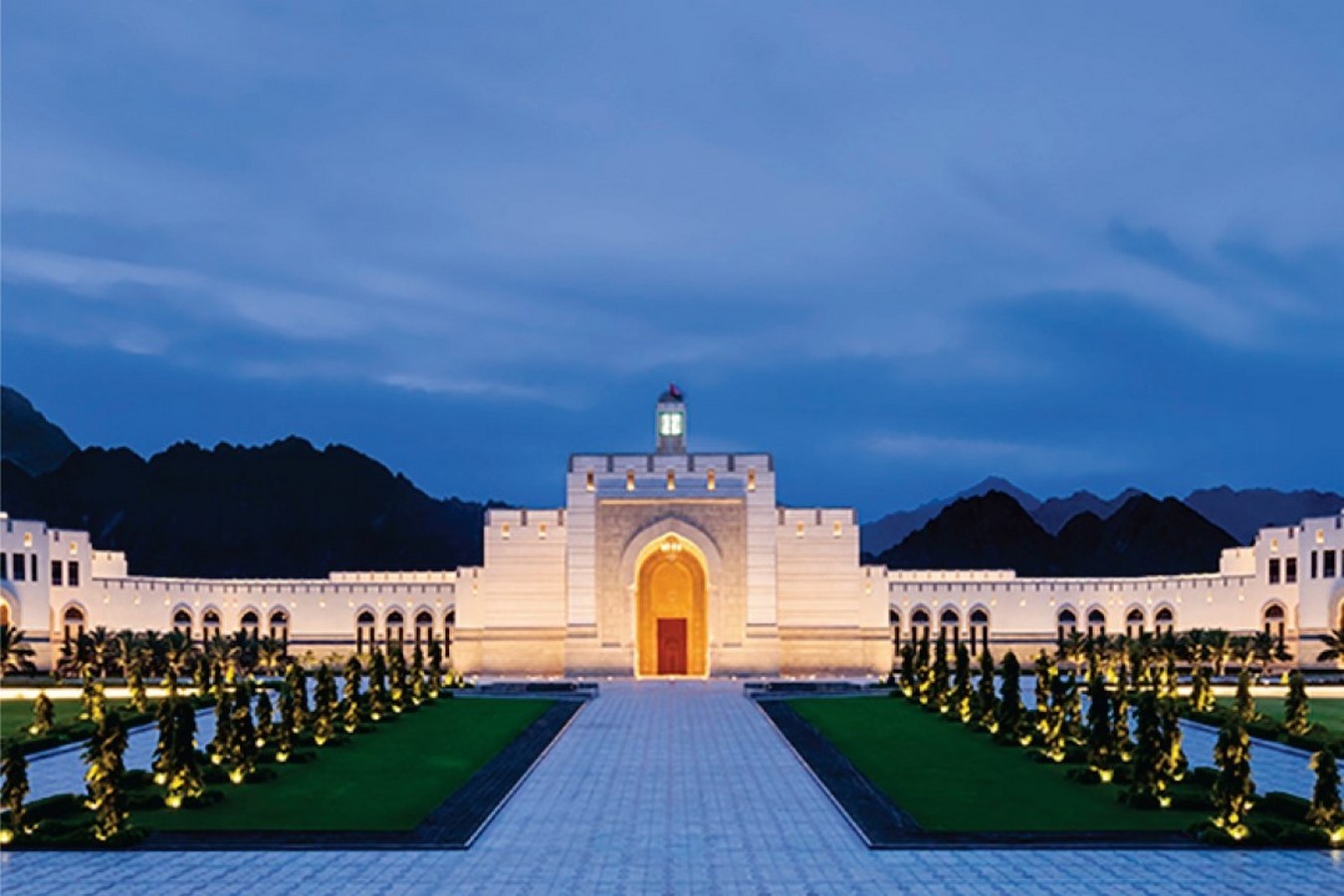
7. The Supreme Court
Located along Sultan Qaboos Street, is the long recently completed Supreme Court Building. The structure is easily identifiable due to its monumental size. The building represents Islamic architecture through its geometrical shapes and symmetry.
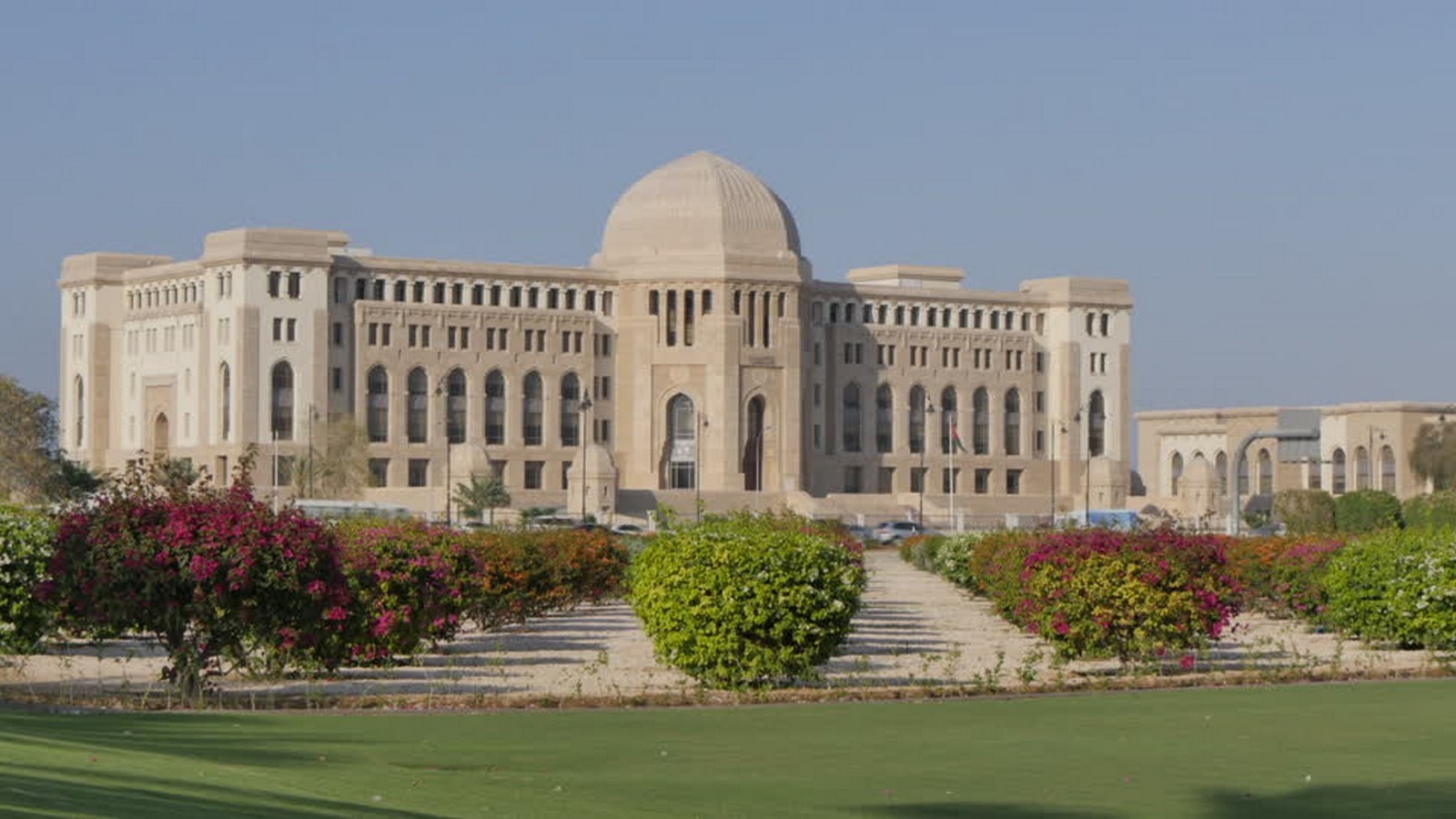
8. The Cave
A restaurant complex located at the Qurum Heights, true to its name, is one of the largest man-made caves in the world housing over eight restaurants is over 7000 square meters in area with three stories.
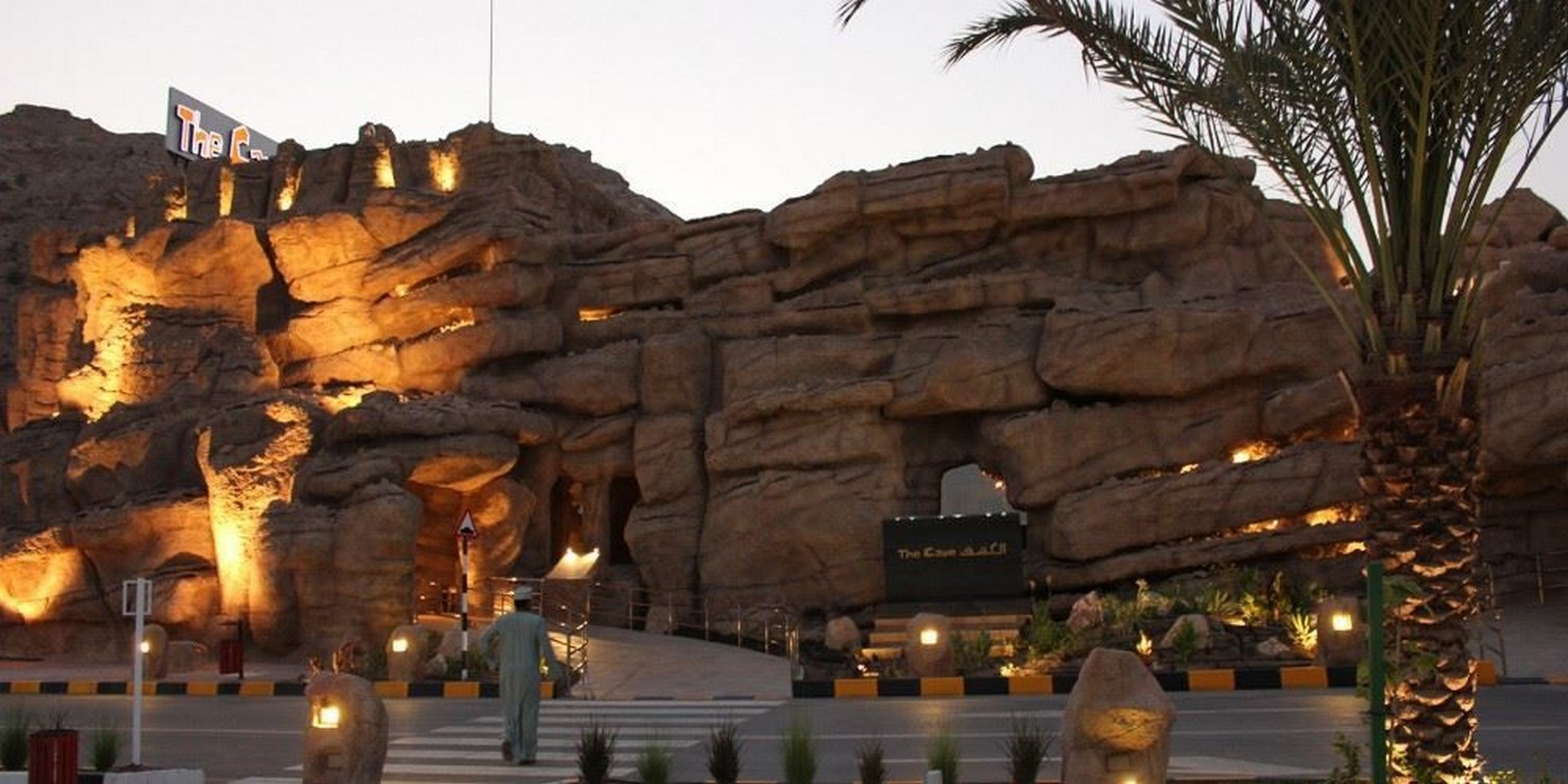
9. Al Jalali Fort
Located in Muttrah along the corniche walk, is the Portuguese built fort to protect the harbor from attack, the place has also served as a refuge or jail for Royal family members.
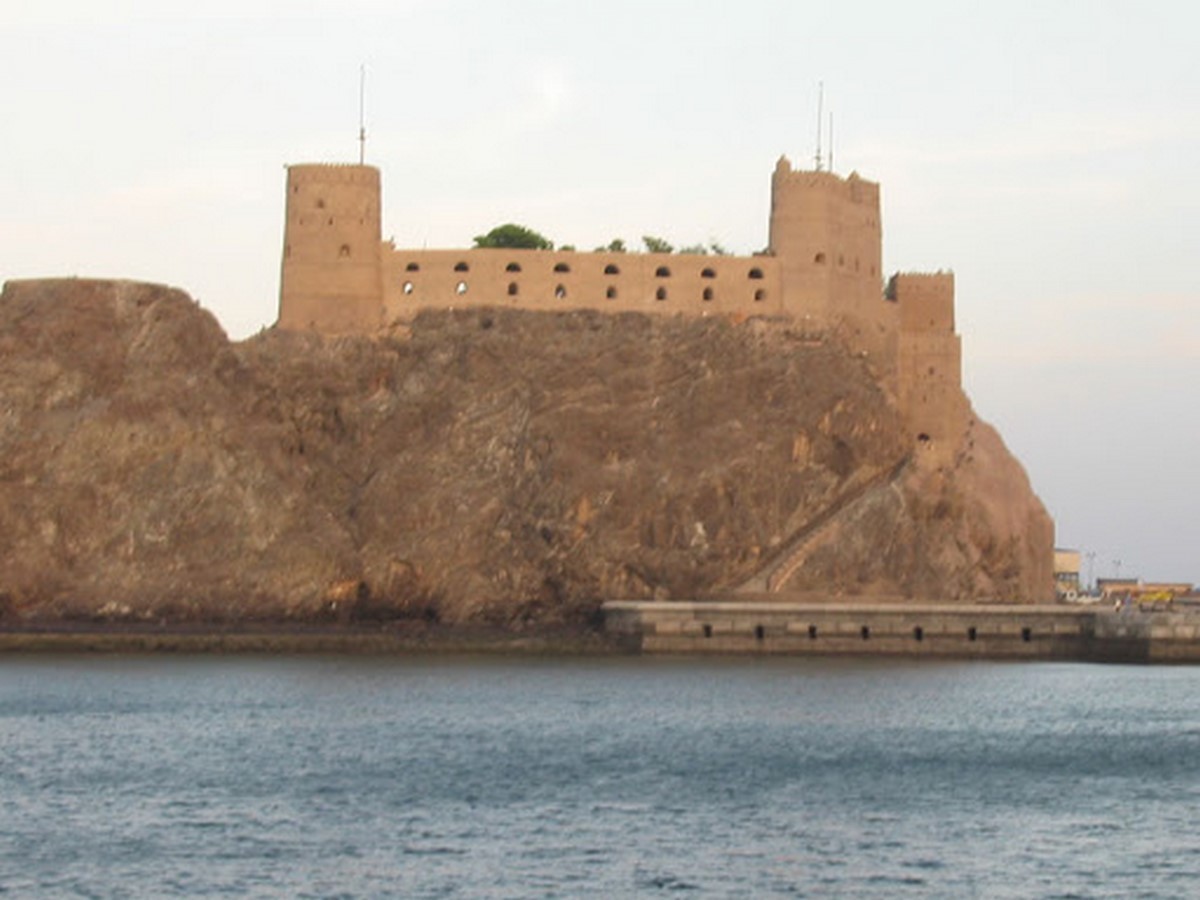
10. The Oman Childrens’ Science Museum
The entire structure is under a dome, located off The Sultan Qaboos street near the Qurum park. The place is a sanctuary for fun activities and practical ways to learn science.
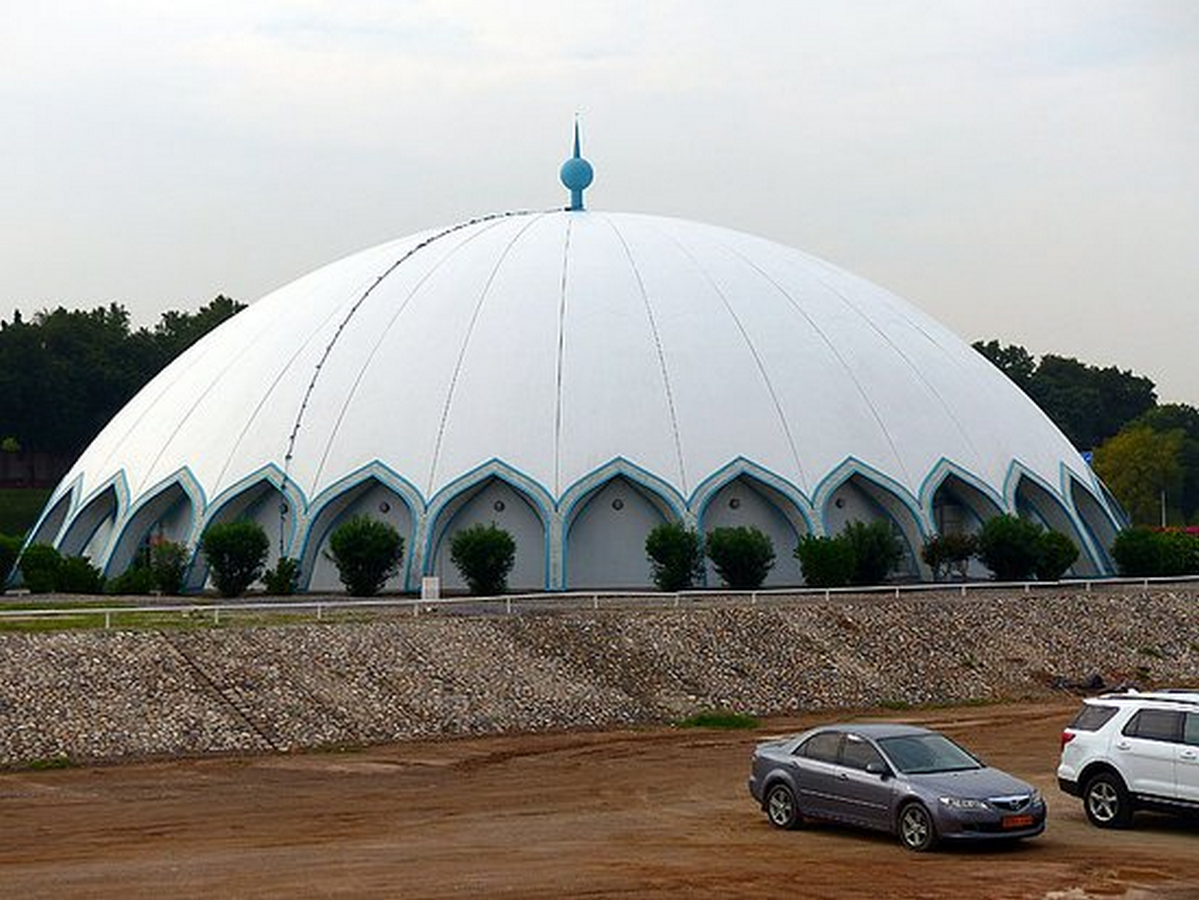
11. The Muscat International Airport
The new $1.8 billion airport is a modernist architecture, definitely the most stylish landmark of the city. Opened only in 2018, the airport is on the list of the best in the world.
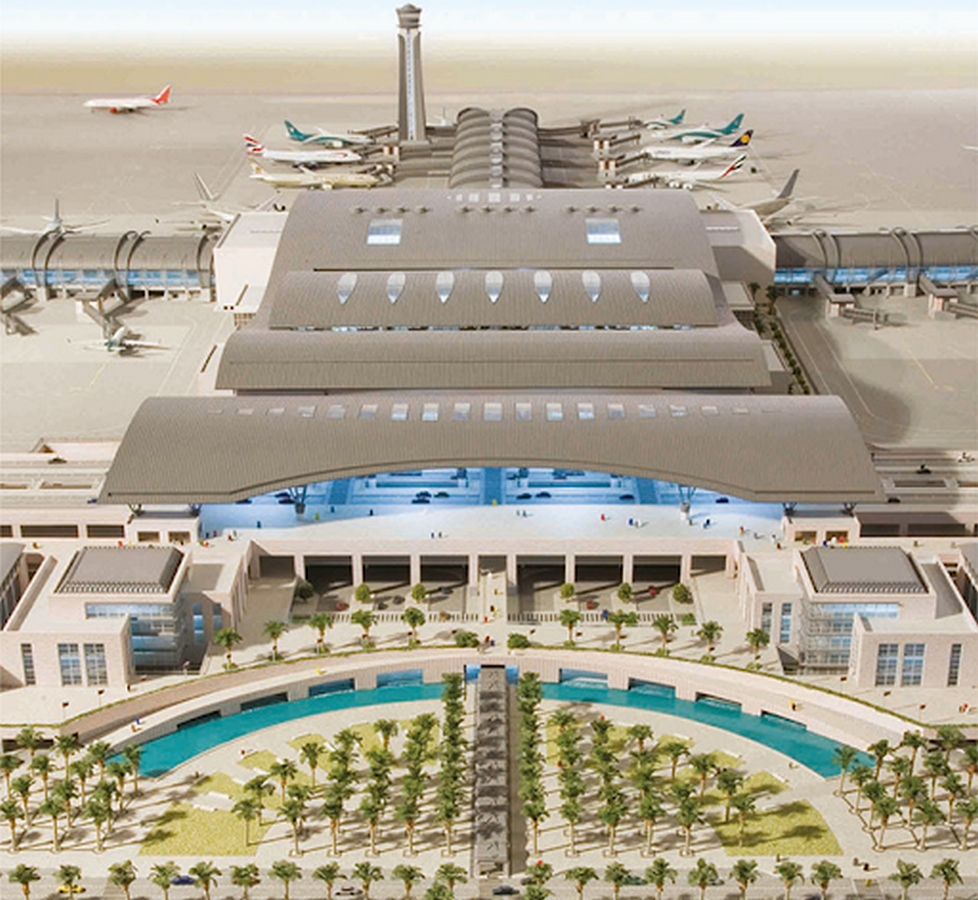
12. Marsa Plaza
Muscat’s first public square located in Al Mouj, an upscale township development located a few minutes out of the central Muscat city and ten minutes from the Airport. It looks out at the yacht club port with a walkway along the development.
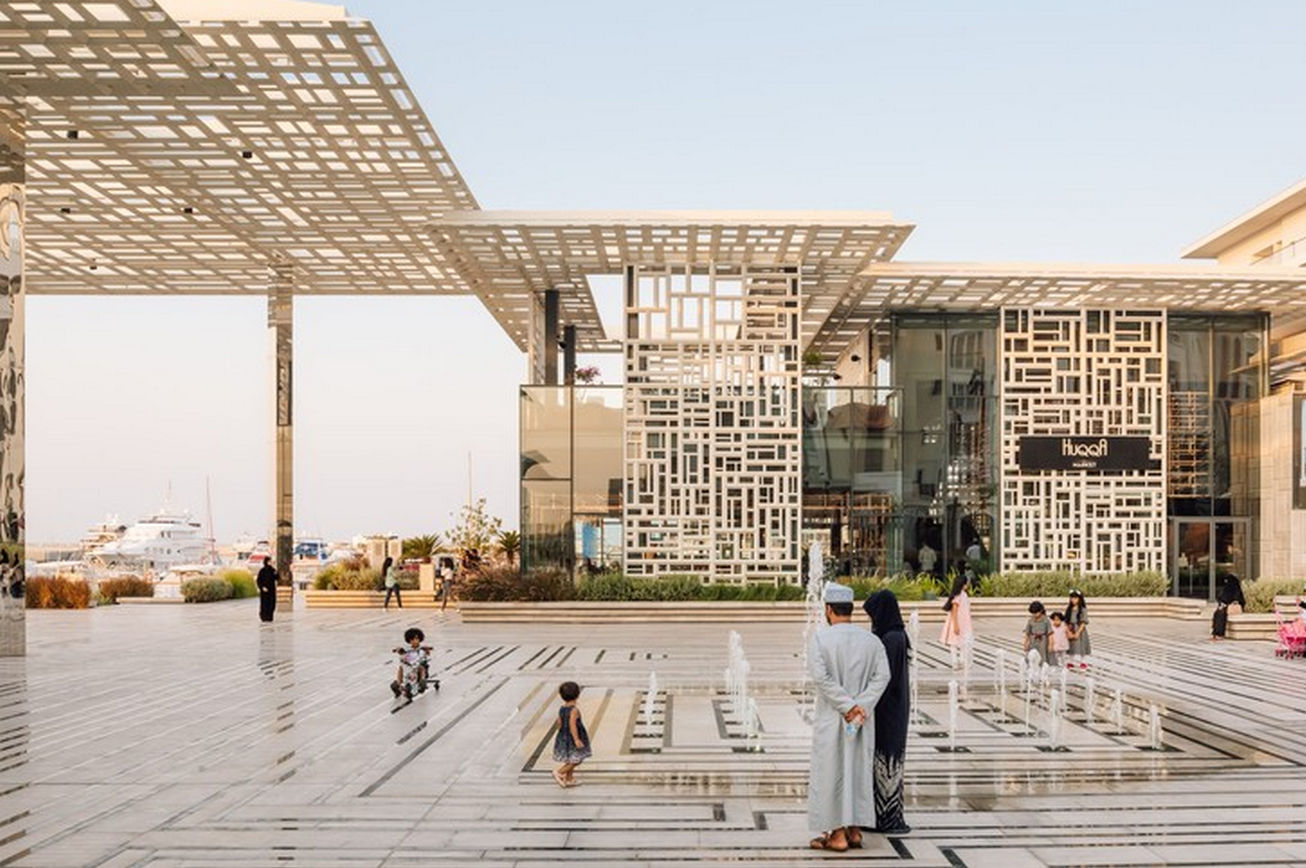
13. Muscat Grand Mall
One of the first malls’ to be opened in the vicinity, housing all the street fashion brands and high-end restaurants, and Oman’s own Millenium Grand Hotel. Well within city limits, is one of the first modern architecture seen in a public building.
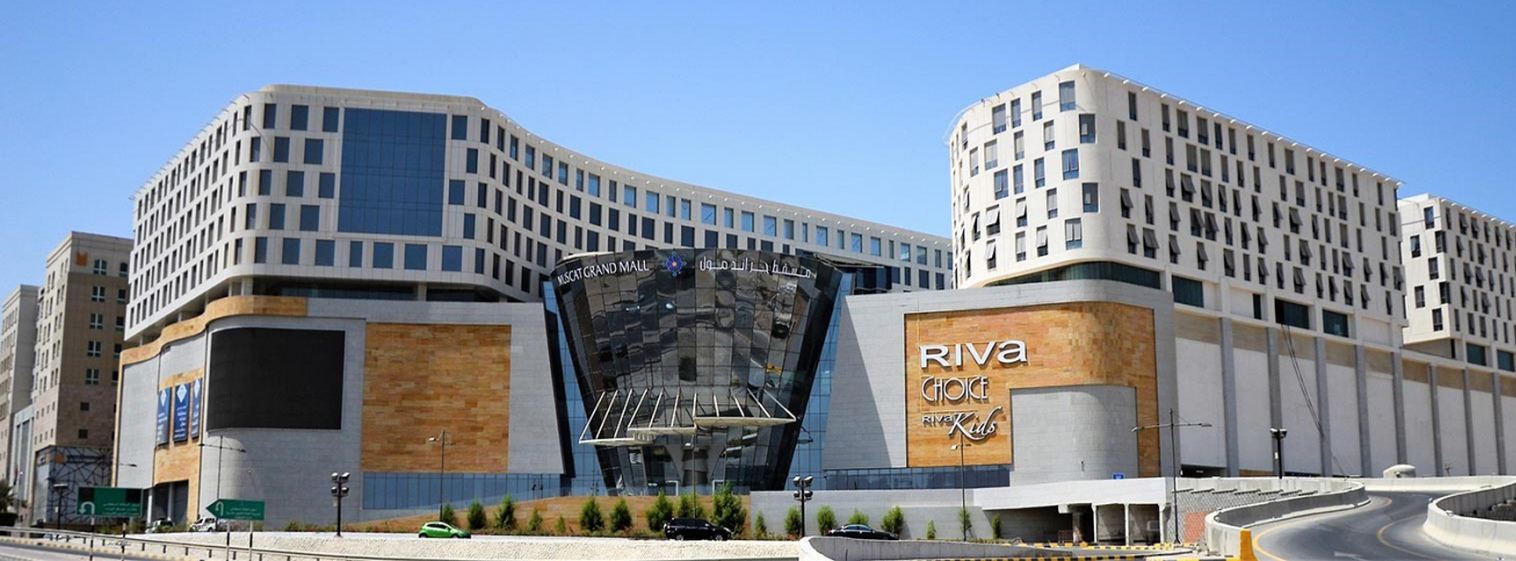
14. The Shiva Temple
The Hindu deity temple located in Muttrah, Muscat gives an insight into the Indian-Oman relationship giving access to freedom of religion and also the Gujrati style of Temple Architecture.
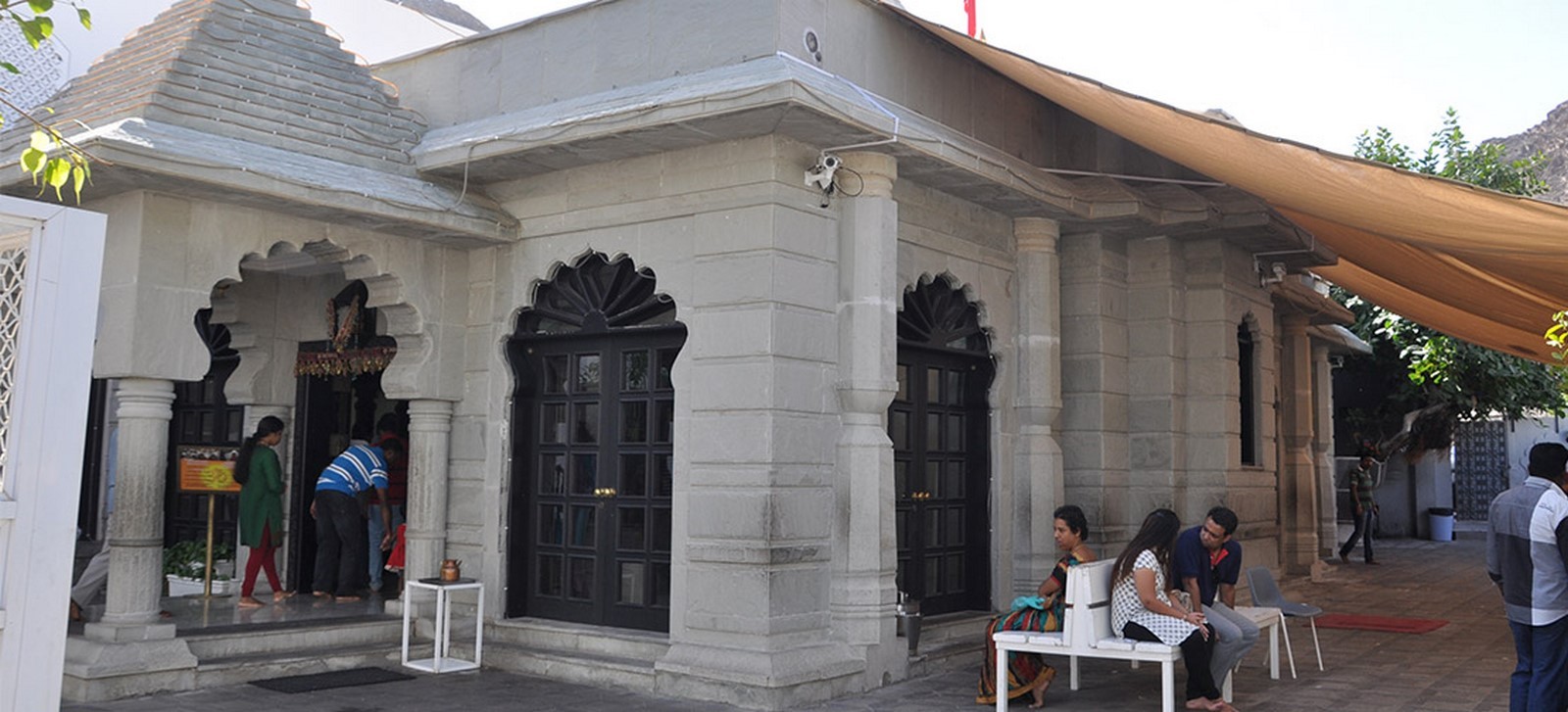
15. Muscat Gate Museum
Located near the Muttrah Souq, it holds the neolithic stage of the history of the country. It also acts as an entrance gateway to Old Muscat.
While there is no lacking in the architectural marvels of the city, Muscat’s true treasure lies in its nature. It houses deserts, beaches, and also rugged mountains. An ecosystem that is uncommon is the city’s coffer.
